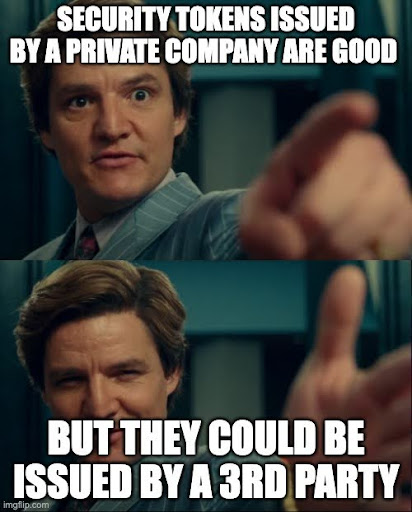
Uber. Airbnb. Facebook.
Have you ever sat back and imagined if you’d had the chance to invest in those unicorns before their initial public offering (IPO)?
Getting in on the ground floor of today’s startups is much easier than it was when those tech titans went public. Access is expanding to a much wider pool of investors, thanks to the rise of the private secondary market, where investors can buy and sell shares of pre-IPO companies.

Why everyone wants a piece of a unicorn
In finance, a “unicorn” is a privately held company valued at $1 billion or more. Investing in a unicorn before it grows its proverbial horn offers the potential for significant gains.
Those rewards encourage venture capitalists and others to weather the risks associated with these types of startups, such as low liquidity, high volatility, and an unclear valuation.
What makes a startup a unicorn?
Aileen Lee, a venture capitalist, came up with the term in 2013 to show just how rare these ultra-successful startups are — like spotting a unicorn in the wild.
(Well, okay, maybe a little more common than that…)
Many of these startups launch pioneering products or take an innovative approach to solving a common problem. Current unicorns include TikTok-owner ByteDance, ChatGPT-creator OpenAI, and Singaporean fast-fashion giant SHEIN.
Why secondary investing in unicorns is gaining momentum
Past performance never guarantees future results, but many unicorns have seen a “first-day pop” upon going public, with some seeing their valuations grow up to 30%. With that historical trend in mind, the potential appeal of investing in these companies before the broader market buys in is self-evident.
But secondary investing isn’t just gaining momentum among those on the outside looking in. Startup executives and employees alike are embracing secondaries as well.
For private shareholders, the ability to sell shares on the side can help ease financial stress, which is key in the startup sector of the market, where money can be tight. Selling secondary shares might be especially attractive during uncertain economic times. It may also appeal to management as a way to reward loyal employees.
Companies staying private longer than ever
IPOs were once considered the pinnacle for unicorn startups, but that has changed. The recent wave of capital into private markets has given companies the flexibility to delay going public — sometimes indefinitely — creating new dynamics for investors looking to access high-growth opportunities sooner. This growing trend highlights the key benefits of investing through secondary markets, offering early access to private unicorns before they IPO.
How Augment empowers unicorn investors
Platforms like Augment* give investors the ability to buy and sell existing stakes in private companies or funds well before a traditional exit like an IPO or acquisition. This opens the door for individuals and smaller institutions, such as pensions and endowments, to access private equity or venture portfolios that usually come with high minimums.
By lowering the barrier to entry, Augment offers an alternative to traditional venture capital investing, which often demands significant capital commitments. These types of private investments can also provide liquidity, helping investors better manage their cash flow needs.
Curated access to pre-IPO deal flow
Augment provides investors a place to discover pricing, connect with buyers and sellers, and execute transactions from start to finish.
On its marketplace, investors may find shares of current unicorns preparing to go public, such as Klarna or Kraken. Better yet, they might just find tomorrow’s unicorn in today’s dark horse.
Ready to unlock early access to tomorrow’s unicorns? Explore Augment’s Marketplace and start investing in the companies shaping the future.
*Securities transactions are executed on Augment Capital, LLC's ATS and offered through Augment Capital, LLC (member FINRA/SIPC).
Important Disclosures: Investing in private securities involves substantial risk, including the potential loss of principal. Private securities are typically illiquid, have limited pricing transparency, and often require longer holding periods. These investments are available exclusively to qualified accredited investors and offer no guarantee of returns. Additionally, past performance of private securities does not indicate or predict future results.
Related posts
View moreFOR ACCREDITED INVESTORS ONLY: Under federal securities laws, private market investments on this platform are available exclusively to Accredited Investors. Verification of status required before investing. Private investments involve significant risks including illiquidity, potential loss of principal, and limited disclosure requirements. "Augment" refers to Augment Markets, Inc. and its affiliates. Augment Markets, Inc. is a technology company offering software and data services. Investment advisory services are offered through Augment Advisors, LLC, an SEC-registered investment adviser. Brokerage services are offered through Augment Capital, LLC, an affiliated broker-dealer and member FINRA/SIPC. Registration with the SEC does not imply a certain level of skill or training. Neither Augment Advisors, LLC nor Augment Capital, LLC provide legal or tax advice; consult your attorney or tax professional regarding your specific situation. For additional information, please refer to Augment Advisors, LLC’s Form ADV Part 2A (Firm Brochure) and FINRA BrokerCheck.







